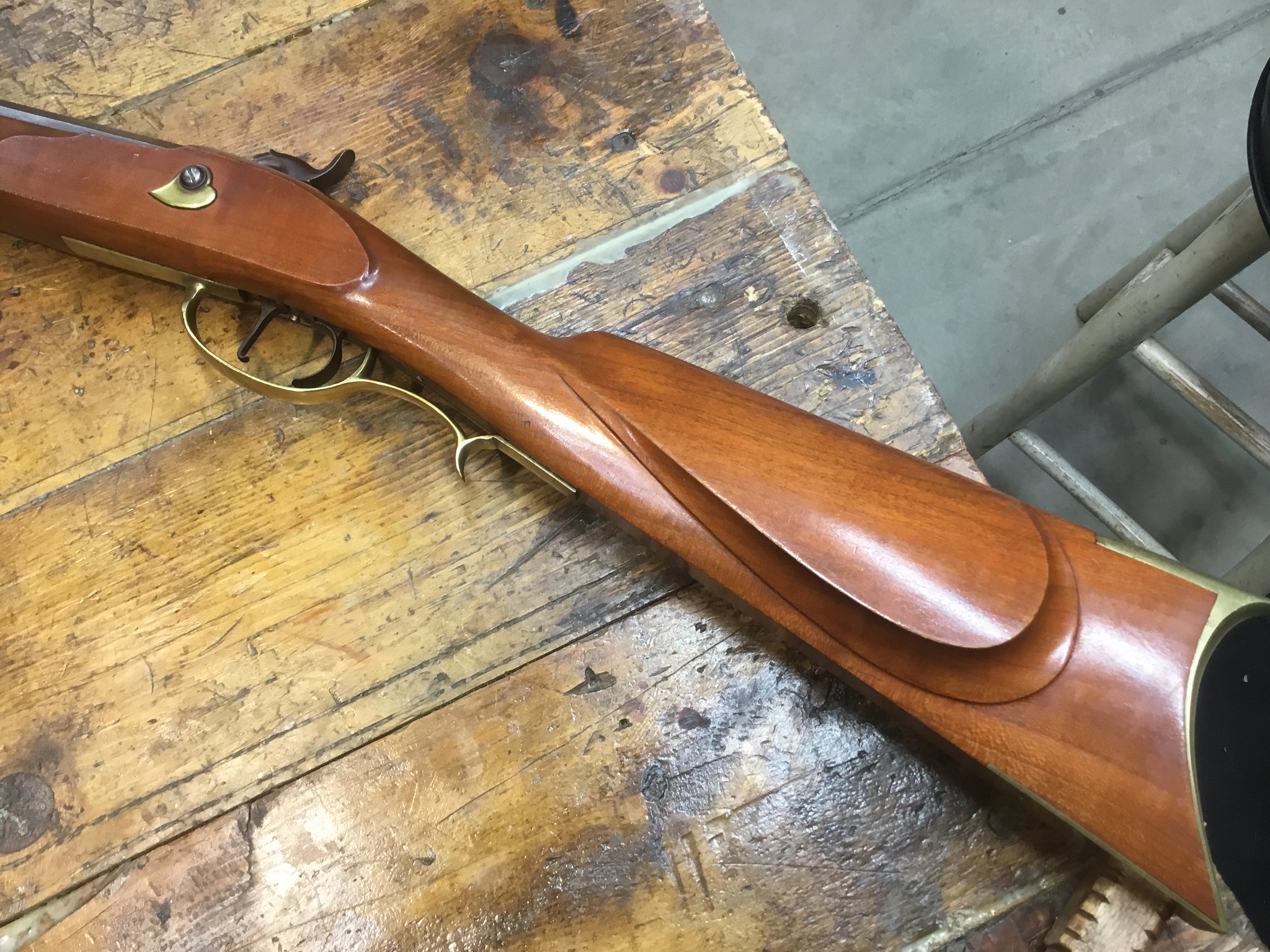I've searched all the older posts and threads. Any newer hints or cheats from the experts for helping cure or dry finishes in winter? Can anything be added to Tried & True to act as a sort of catalyst? I may ultimately build a drying cabinet, but this week I've had good success just propping up by the gas logs (although that is Permalyn sealer, not T&T):












